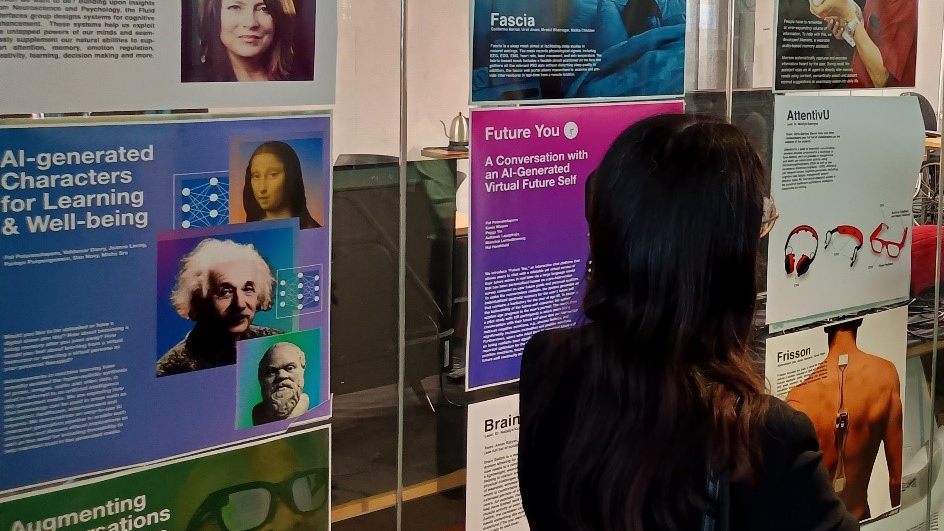Emma Engström is a researcher at the Institute for Futures studies and works together with Pontus Strimling in the WASP-HS project “Predicting the diffusion of AI applications”. In this blog post she shares her thoughts on the importance of WASP-HS after participating in the AI for Humanity and Society 2020 conference, organized by WASP-HS on 18 November 2020.
AI is not just another new technology
When I talk about WASP-HS at presentations of our research project “Predicting the diffusion of AI applications”, it is often to express something like:
See, here is evidence that the industry in Sweden takes the social and ethical effects of AI seriously.
That even the most important financiers have understood that AI is not just another new type of technology. That the effects of AI become visible – and change – only in the interaction with humans.
That AI often entails difficult trade-offs and that scientific analyses at impartial research institutes are a good method for evaluating and articulating these.
In a democracy, the opposition is needed to raise issues and ask critical questions, and in the same way, WASP-HS is needed to ensure that someone brings forth potentially problematic aspects of AI to policy-makers.
In general, I hope that WASP-HS will enable that people’s questions, fears and hopes about AI will be investigated in nuanced studies rooted in previous scientific literature – and not just in journalism or in purely dystopian or perky opinion pieces. For me personally, I hope to get to know more researchers within the program, and that WASP-HS leads to more interdisciplinary research projects that benefit from our different academic backgrounds.
What was most interesting about the conference?
I thought the panel discussion Society and AI during AI for Humanity and Society 2020 was very interesting, because several important trade-offs that AI in society bring about were articulated. It became clear that AI has great advantages to improve the efficiency of processes in businesses or organizations, for example via HR bots that Sara Öhrvall discussed, but also that AI can have disruptive effects and in some cases risks centralizing power or exacerbating preexisting social inequalities, as Anja Kaspersen and Marietje Schaake pointed out. I also liked Marietje Schaake’s assertion that we should resist deterministic thinking and that we should not assume good outcomes, but instead actively govern for them. Democracy is fragile.
Several important points were also articulated during the panel discussion Humanities and AI, where Juha Heikkilä highlighted that there is a third way for AI: technology that works for Europeans.
I also appreciated the summary remarks from Virginia Dignum that there is not a zero-sum game between innovation and responsible AI. Curiosity-driven AI research is essential, while discussions about human rights are needed when the technology is applied in society.





